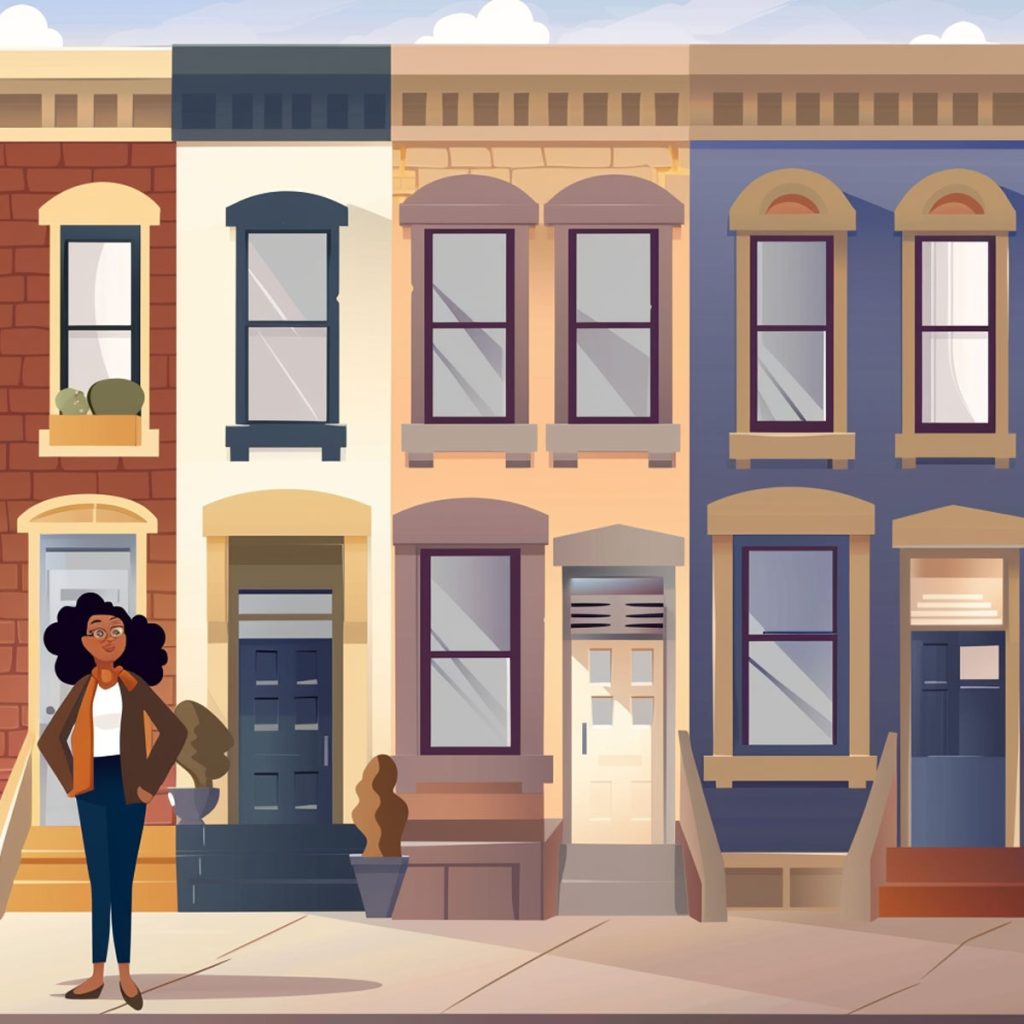Choosing between a townhouse and a standalone house is a significant decision for potential homeowners. Both property types come with their own sets of benefits and drawbacks that can greatly influence the living experience. Townhouses, often characterized by their shared walls and common spaces, offer a sense of community and lower maintenance responsibility. They can be particularly appealing to people who value proximity to neighbors and who may appreciate the shared amenities often provided by homeowners’ associations.

On the other hand, standalone houses provide a different kind of value for those seeking more privacy and space. With no shared walls, homeowners have greater freedom to customize their property and tend to have more outdoor space. While this can mean more upkeep and higher costs, it also provides a level of autonomy and potential for personalization that townhouses cannot match. The choice between the two ultimately depends on the buyer’s lifestyle, budget, and long-term goals.
Comparison of Ownership Costs

When it comes to buying property, understanding the differences in ownership costs between a house and a townhouse is crucial for home buyers. These costs can significantly impact one’s budget and the long-term value of the property.
Initial Expenses
Houses typically command higher initial expenses due to larger down payments and closing costs. The down payment for a house can vary, but it usually requires a more substantial upfront investment compared to a townhouse. In contrast, townhouses, often part of a condo or HOA (Homeowners Association), can have lower initial purchase prices. However, home buyers should note that buying a townhouse might involve HOA fees at the start which cover exterior maintenance and common areas.
- House
- Higher down payment
- Closing costs: Property inspection, appraisal, taxes, and legal fees
- Townhouse
- Lower down payment
- Initial HOA fees may apply
- Potential for land lease fees if applicable
Recurring Fees and Maintenance
Ownership of a house means the owner is responsible for all aspects of maintenance, upkeep, and repairs, which can be unpredictable and costly over time. This includes everything from lawn care to fixing a pool, should it exist. Property taxes and homeowners’ insurance are also on the owner’s budget, with costs differing based on location and property value. Townhouses typically have lower upkeep costs because the HOA fees cover exterior maintenance and care of common areas, such as gardens or patios. The trade-off for this convenience is adherence to HOA rules, which can dictate certain aspects of property use and appearance, impacting personalization and potentially resale value.
For houses:
- Full responsibility for maintenance costs (interior and exterior)
- Recurring costs: Taxes, insurance, repairs, and utilities
- Equity and appreciation potential tied to the property’s condition and market
For townhouses:
- Reduced maintenance responsibilities
- Mandatory HOA fees (can increase over time)
- Costs shared among residents for upkeep of shared spaces and exterior features
Lifestyle and Privacy Considerations

When comparing townhouses to detached homes, consider how your lifestyle and need for privacy match with the space and community attributes of each option.
Space and Layout
Townhouses typically offer a multi-floor layout with common walls shared between neighbors. The square footage of a townhouse can vary, but they often have less land than detached homes, which can limit yard size. Townhouses may include smaller gardens or patios, while houses usually boast larger front and backyards, offering more room for landscaping and outdoor activities. In terms of layout, houses often provide greater autonomy to design and renovate, due to fewer restrictions from homeowners associations.
- Townhouse:
- Shared walls
- Multi-floor layout
- Smaller land area
- House:
- No shared walls
- Potentially more diverse styles
- Larger land area, potential for a spacious yard
Community and Amenities
In a townhouse development, homeowners are likely to have access to communal spaces such as a swimming pool, tennis court, or clubhouse, often maintained through a homeowners association. This means less personal responsibility for home maintenance but also less freedom to make external changes. In a single-family home, privacy is typically higher due to detached walls, and homeowners have full control over the use of their property including any amenities they wish to add, like a private pool.
- Townhouse Community:
- Communal amenities (e.g., pool, tennis court)
- Shared maintenance responsibility
- Restrictions on external changes and decor
- House Autonomy:
- Liberty to add personal amenities
- Complete control over landscape and maintenance
- More privacy, less noise from neighbors

Shardai Augustus is a dedicated and compassionate real estate professional specializing in the Houston and Katy Texas areas. With a solid background in secondary education as a math teacher spanning over 10 years, Shardai combines her love for teaching with a caring approach when assisting her real estate clients.
